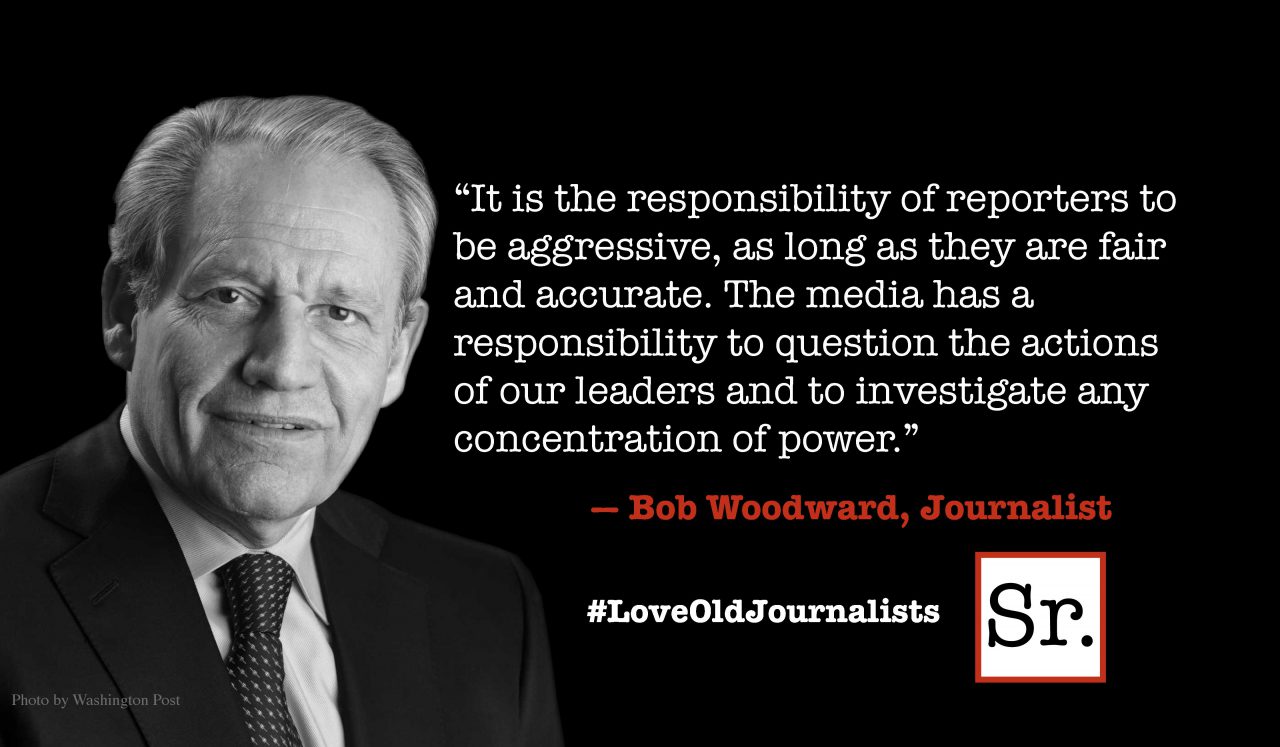Google+, the company’s new social networking option, has been rolled out to users gradually, a deliberate approach that contrasts sharply with Google’s Buzz, which appeared to everyone more or less simultaneously and raised numerous privacy alarms. If you’re using Gmail or the Picasa photo-sharing service, you’ll soon be getting Google+ links, if you haven’t already. Slow and easy makes sense for this latest Google venture into social networking, particularly since not just Buzz but other ill-fated ventures like Wave and Orkut did not stand the test of user acceptance (although Orkut, it must be said, remains enormously popular in Brazil and India).
If you haven’t yet explored Google+, you can see an introduction at plus.google.com. My thoughts on social media are decidedly mixed, for I think these evolving tools are undergoing a social networking bubble that will pop over privacy issues some time in the near future. But putting that question aside for the moment, what a company needs if it wants to challenge Facebook in this space is a simple interface and privacy options that are less torturous than Facebook’s.
Here’s a case in point: Facebook lets you organize your contacts into customized lists, a good idea because otherwise you have a flow of incoming posts that’s overwhelming once your ‘friends’ list has exceeded a small number. Much better to organize the flow into groups like ‘family’ or ‘colleagues,’ but the process is anything but intuitive. I’ve set up such lists on Facebook and to get to them, I have to click on ‘Most Recent’ from the main menu, then click the same icon a second time to find the menu that lets me then choose which list I want to see.
Facebook’s interface has always seemed kludgy to me and it still does (have a look at the various privacy options, note how complicated a list you see and how tricky it is to configure your account exactly the way you want it). Google+ comes with contact groupings up front in the form of ‘circles,’ which you can create as needed and drag contacts into. I was working with manageable groupings of friends, professional contacts, family members, and so on, within minutes. It’s also easy to post to one or another group while avoiding posting to the entire friends list. The latter course raises obvious privacy questions, yet many do it by default on Facebook.
Part of the reason Google+ seems fresh, of course, is that it’s not clogged with third-party applications like Farmville that can create traffic that’s the Facebook equivalent of junk mail. We can’t assume this will last, but for now the experience seems blessedly free of Facebook’s ponderous ‘news’ flow. Google+ offers a video chat feature called Hangouts that lets you make video contact with up to nine other people, one-upping Facebook for the moment, although the latter does offer one-to-one video conferencing via the company’s partnership with Skype.
The question I have about this admittedly clean product introduction is whether or not the world will sustain a major Facebook competitor, a thought reinforced by the demise of MySpace. The brewing social media backlash comes from countless PC users who find themselves feeling that they have to join this or that social network because someone they know — or perhaps have never heard of — has popped up via an email requesting them as a contact. Join Facebook, or Google+, or LinkedIn, or get on Twitter — where does it all end, and exactly how much time does the average user want to devote to broadcasting personal information over the various sites?
Where social media meets the road is the place where revenues are generated. Money-making in this context involves targeted ads based on user data compiled within the network, information people give freely for the privilege of using the service. Google has enormous strengths in targeting ads according to our interests(think Gmail, for example, or Google AdSense). But the more intrusive targeted advertising becomes as the social media giants grow, the more our privacy suffers. Google+ may push us a bit closer to the bursting of social media’s bubble.








